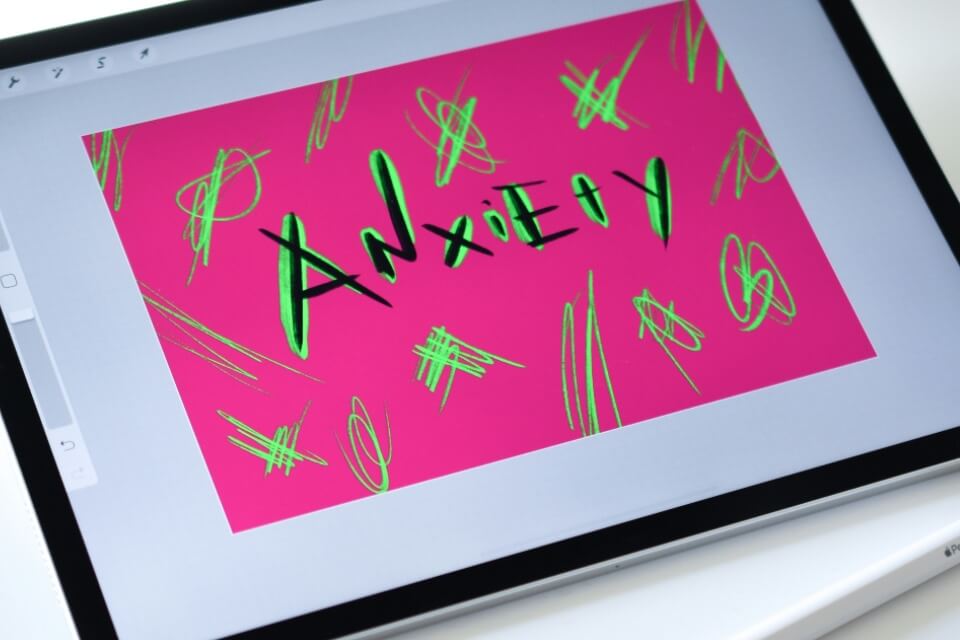A new report from Mental Health UK has revealed that one in five working adults needed to take time off work in the past year due to poor mental health caused by pressure or stress.

The research revealed that over a third (35%) of adults experience ‘high’ or ‘extreme’ levels of pressure always or often in the past year, with Mental Health UK warning that the UK is at risk of becoming a ‘burnt-out nation’.
Recognising the growing evidence that the UK is grappling with high levels of work absence and the subsequent cost to individuals, employers and the taxpayer, the organisation is calling on the Prime Minister to convene a national summit, bringing together Government Ministers, employers and experts to determine how we can create healthy workplaces and best support people to stay in or return to work if they’re struggling with stress and poor mental health.
Though the causes of people taking time off work due to poor mental health are complex, the survey of 2,000 individuals reveals that poor working relationships and processes could be pushing people into burnout, with more than one-third of working adults (35%) saying they do not feel comfortable letting their line managers or senior leaders know if they are experiencing high or extreme levels of pressure and stress at work. And nearly one in three (31%) said being bullied or intimidated by other colleagues had caused stress in the last year.
Meanwhile the survey suggests workplaces could be ill-prepared to support staff experiencing high levels of stress, with nearly half of workers (49%) saying their employer doesn’t have a plan to spot signs of chronic stress and prevent burnout, while a further 22% don’t know if their employer has such a plan in place.
Other factors in our jobs causing stress and contributing to burnout include a high or increased workload or volume of tasks (54%), working unpaid overtime beyond contracted hours (45%) and feeling isolated at work (42%).
The survey also suggests that the UK is a nation of people tossing and turning at night, with six in ten saying poor sleep is contributing to stress and burnout (64%). Other factors potentially contributing to burnout in our personal lives include financial uncertainty due to the cost-of-living crisis (53%), money worries in general (53%), poor physical health (46%) and feeling isolated (43%).
The likelihood that someone had taken time off work in the last year due to poor mental health caused by stress decreased with age, with 34% of workers aged 18 to 24-years-old having done so, compared with 15% of those aged 55 or over.
Workers aged 35 to 44-years-old were most likely to have experienced high or extreme levels of stress and pressure often or always in the past year (40%), while workers aged 55 or over were least likely (33%).
When it comes to the games industry, where there have historically been concerns regarding ‘crunch’ and long working hours, the most recent Ukie Census revealed that while 80% of people reported that their average week was 40 hours or less, 67% of people worked over 40 hours in their heaviest week. The most common duration of a heaviest work week was 41-50 hours, with 38% of respondents reporting this as their maximum number of hours worked in a single week in the preceding year.
Some 18% of respondents worked at least one 51-60 hour week, while 11% of people had at least one week in which they worked 60 hours or more. Of this, 5% worked beyond 70 hours.
You can download the Mental Health UK Burnout Report here.


